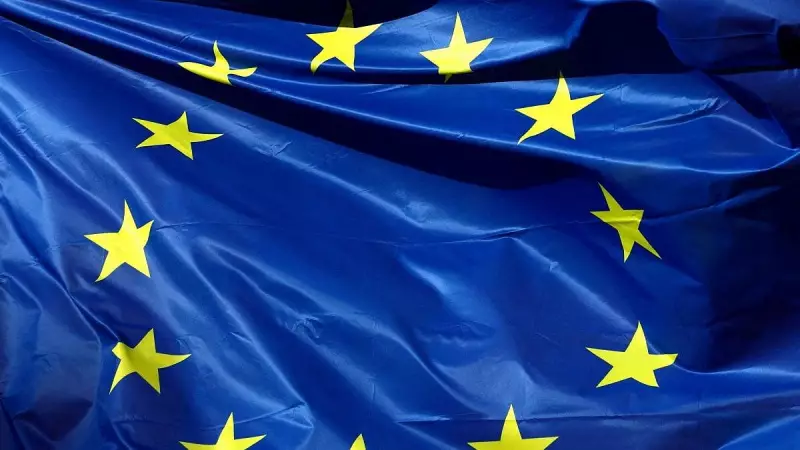
In a significant policy shift, Europe has begun re-evaluating its previously aggressive regulatory approach towards major technology companies. Policymakers within the European Union are now actively crafting changes designed to scale back and simplify the landmark rules governing artificial intelligence and data privacy.
A Shift in Regulatory Strategy
This move marks a departure from a period characterized by stringent tech regulation. The proposed changes aim to create a more streamlined framework, potentially easing the compliance burden on tech giants. The initial wave of regulations, which included groundbreaking legislation like the AI Act and the General Data Protection Regulation (GDPR), had positioned the EU as the world's most assertive tech regulator.
The reported changes were being crafted as of November 18, 2025, according to the International New York Times. This date signifies a pivotal moment in the ongoing dialogue between innovation and oversight in the digital age.
Implications for the Global Tech Industry
The potential rollback of complex rules could have far-reaching consequences. For Big Tech firms, simplified regulations in one of the world's largest markets could mean reduced operational costs and greater flexibility in product development, particularly in the rapidly evolving field of artificial intelligence.
However, this shift also raises questions about the future of digital rights and user privacy, which were central to the EU's previous regulatory push. The global tech industry, which often uses EU standards as a benchmark, will be watching these developments closely to adapt their international strategies accordingly.
This recalibration suggests that European authorities are seeking a more balanced approach, one that continues to protect consumers while also fostering an environment conducive to technological innovation and economic growth.





